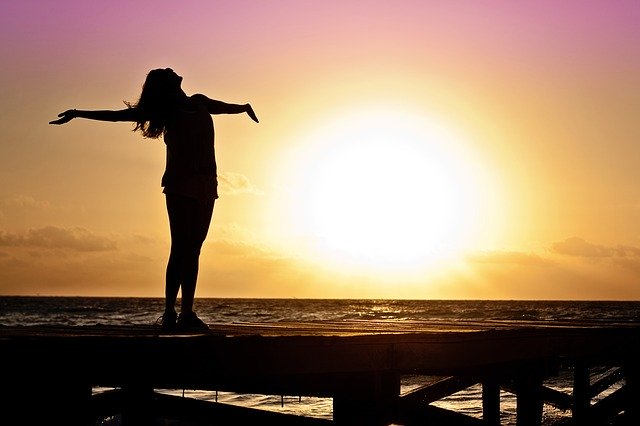The Awake Network and Mindful.org have collaborated to provide a free resource for healthcare professionals in the form of The Mindful Healthcare Speaker Series. Jon Kabat-Zinn speaking on Mindfulness and Resilience in Challenging Times was the first in the series of six speakers. While Jon is not an MD, he has a PhD in Medicine and focuses on mindfulness in medication, healthcare and society.
Jon and host, Dr. Reena Kotecha, spoke of the enormity of the challenges facing everyone with the advent of the Coronavirus and especially the frontline healthcare professionals who, in many instances, lack adequate resources and training to deal with the magnitude of this pandemic. They spoke of the trauma experienced by these healthcare professionals who are witnessing the suffering and death of so many people. Reena spoke of one frontline female doctor who had to move out of home to live in a hotel for three months to protect her mother who was suffering from cancer.
A truly disturbing event was the suicide death of Dr. Lorna M. Breen, an emergency center doctor, who continually witnessed the very worst of the impact of the Coronavirus on people, including people dying at the hospital before they could be removed from the ambulance. Her heroic efforts to save people through her frontline medical work contributed to her own death. Jon reiterated that mindfulness does not lessen the enormity of the physical and mental health impact of the pandemic on the lives of healthcare professionals but emphasised that mindfulness acts as a ballast to provide stability in the face of the turbulent winds created by the pandemic.
Mindfulness as ballast for stability
Jon referred to the 25 years of quality scientific research that showed the benefits of mindfulness, extending to positively altering the structure of the brain, increasing functional connectivity (e.g. of the mind-body connection) and enhancing neuroplasticity. Neuroscientist Richard Davidson co-authored a book, Altered Traits: Science Reveals How Meditation Changes Your Mind, Brain, and Body, and demonstrated the powerful effect mindfulness had on building resilience.
Jon spoke of “full catastrophe living” and emphasised that it is truly human to experience fear, anxiety and grief. He argued that mental health is enhanced by feeling and accepting everything we experience, rather than denying its existence or intensity. He stated that no matter how emotionally rending our circumstances are we can find refuge in mindfulness, by being “in the present moment, moment by moment”. In this way, we are better able to recover from the “trauma” of the present reality and to do so without total depletion of ourselves.
Mindfulness as awareness
Jon maintained that “we are not our narrative” – we are not our negative self-talk that diminishes us and depletes our energy in the face of life challenges. He argues that our life is “one seamless whole” – our mind, body, thoughts and emotions. In his view, our breath serves as the integrating factor and energy force. Awareness of our breath in the present moment enables us “to get out of the wind” and “to recalibrate, recover and respond instead of reacting”. To reinforce this message, he provided a guided meditation during his presentation focused on the breath for about ten minutes (at the 30-minute mark).
Jon maintained that awareness of our breath can enable us to be fully awake to what is going on inside us and to be more deeply connected to others. He argued that we don’t have to achieve a particular goal – to become more or better – in his view, “we are already okay”. In these challenging times, what is needed to help ourselves and others we interact with is to be authentically present, without a “mask” (metaphorically speaking), but with openness and vulnerability.
Reflection
Jon highlighted the importance of trusting our “human creativity” when confronted with the need to help people who are stressed out by the pandemic. As we grow in mindfulness through mindful breathing, we not only build our resilience in managing our personal challenges but also “modulate the tendency to put self ahead of everyone else” – we can diminish our self-absorption and self-doubt. He maintained that awareness of our breathing reinforces our ecological connectedness.
_______________________________________
Image by Jill Wellington from Pixabay
By Ron Passfield – Copyright (Creative Commons license, Attribution–Non Commercial–No Derivatives)
Disclosure: If you purchase a product through this site, I may earn a commission which will help to pay for the site, the associated Meetup group and the resources to support the blog.

